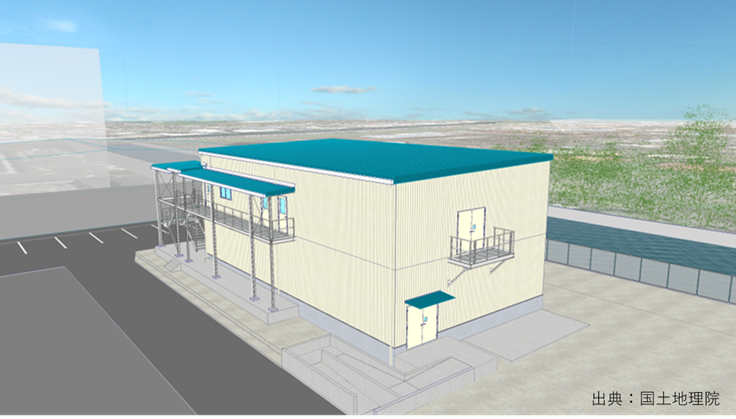2024-09-30 ピッツバーグ大学
<関連情報>
- https://news.engineering.pitt.edu/immunotherapy-for-gum-disease/
- https://www.pnas.org/doi/10.1073/pnas.2400528121
CCL2の治療的送達が免疫反応を調節し、宿主と微生物の恒常性を回復させる Therapeutic delivery of CCL2 modulates immune response and restores host–microbe homeostasis
Mostafa Shehabeldin, Jin Gao, Yejin Cho, +8, and Charles Sfeir
Proceedings of the National Academy of Sciences Published:August 26, 2024
DOI:https://doi.org/10.1073/pnas.2400528121
Significance
Periodontal disease (PD) is one of the most common inflammatory diseases caused by bacterial biofilm changes on teeth surfaces. These changes trigger an uncontrolled and destructive local host response. PD is one of the few diseases that allow us to study the interactions between the immune system and the microbiome. We assessed an immunomodulatory strategy targeted at periodontal macrophages by local-sustained delivery of the chemokine CCL2. CCL2 therapy inhibited bone loss, accelerated bone gain, and reversed the disease-associated changes in macrophage transcriptomic profiles and oral microbiota. These data show a strong relationship between the immune system and the microbiome as well as support the therapeutic potential of targeting macrophages in diseases caused by a disturbance in host–microbe homeostasis.
Abstract
Many chronic inflammatory diseases are attributed to disturbances in host–microbe interactions, which drive immune-mediated tissue damage. Depending on the anatomic setting, a chronic inflammatory disease can exert unique local and systemic influences, which provide an exceptional opportunity for understanding disease mechanism and testing therapeutic interventions. The oral cavity is an easily accessible environment that allows for protective interventions aiming at modulating the immune response to control disease processes driven by a breakdown of host–microbe homeostasis. Periodontal disease (PD) is a prevalent condition in which quantitative and qualitative changes of the oral microbiota (dysbiosis) trigger nonresolving chronic inflammation, progressive bone loss, and ultimately tooth loss. Here, we demonstrate the therapeutic benefit of local sustained delivery of the myeloid-recruiting chemokine (C-C motif) ligand 2 (CCL2) in murine ligature-induced PD using clinically relevant models as a preventive, interventional, or reparative therapy. Local delivery of CCL2 into the periodontium inhibited bone loss and accelerated bone gain that could be ascribed to reduced osteoclasts numbers. CCL2 treatment up-regulated M2-macrophage and downregulated proinflammatory and pro-osteoclastic markers. Furthermore, single-cell ribonucleic acid (RNA) sequencing indicated that CCL2 therapy reversed disease-associated transcriptomic profiles of murine gingival macrophages via inhibiting the triggering receptor expressed on myeloid cells-1 (TREM-1) signaling in classically activated macrophages and inducing protein kinase A (PKA) signaling in infiltrating macrophages. Finally, 16S ribosomal ribonucleic acid (rRNA) sequencing showed mitigation of microbial dysbiosis in the periodontium that correlated with a reduction in microbial load in CCL2-treated mice. This study reveals a novel protective effect of CCL2 local delivery in PD as a model for chronic inflammatory diseases caused by a disturbance in host–microbe homeostasis.



